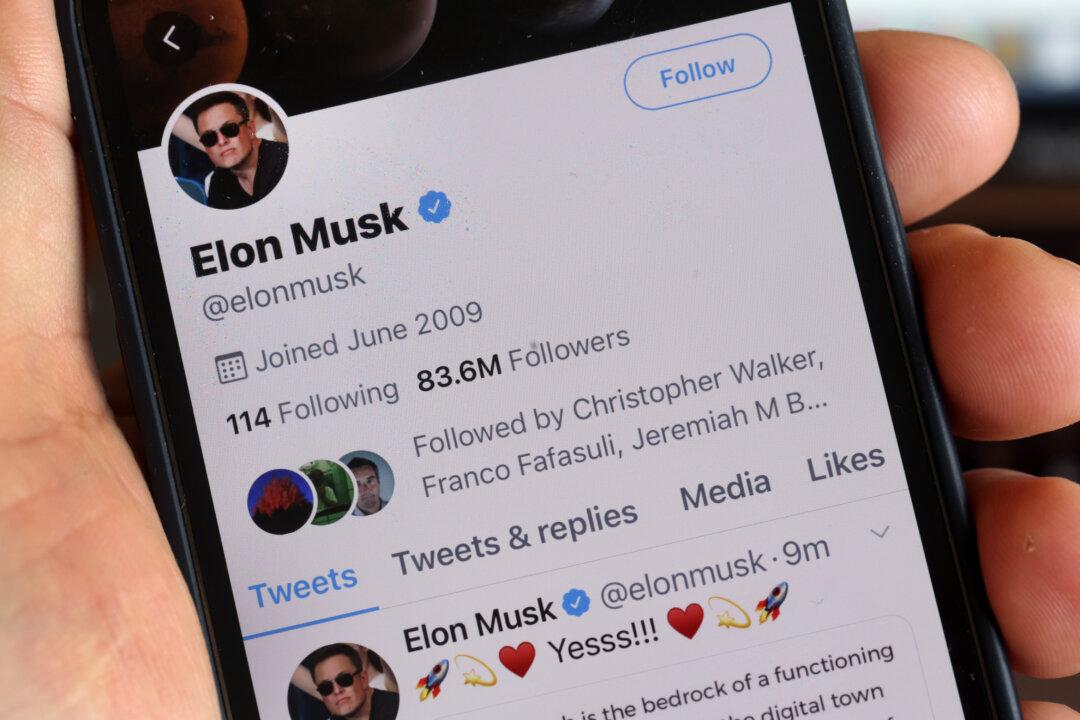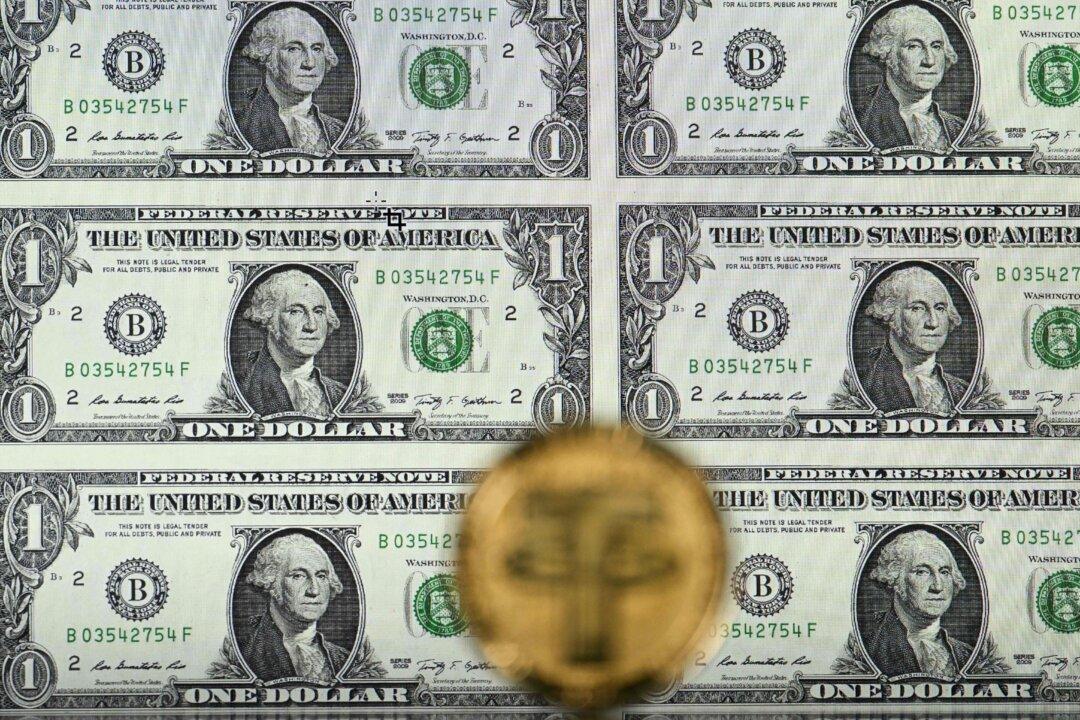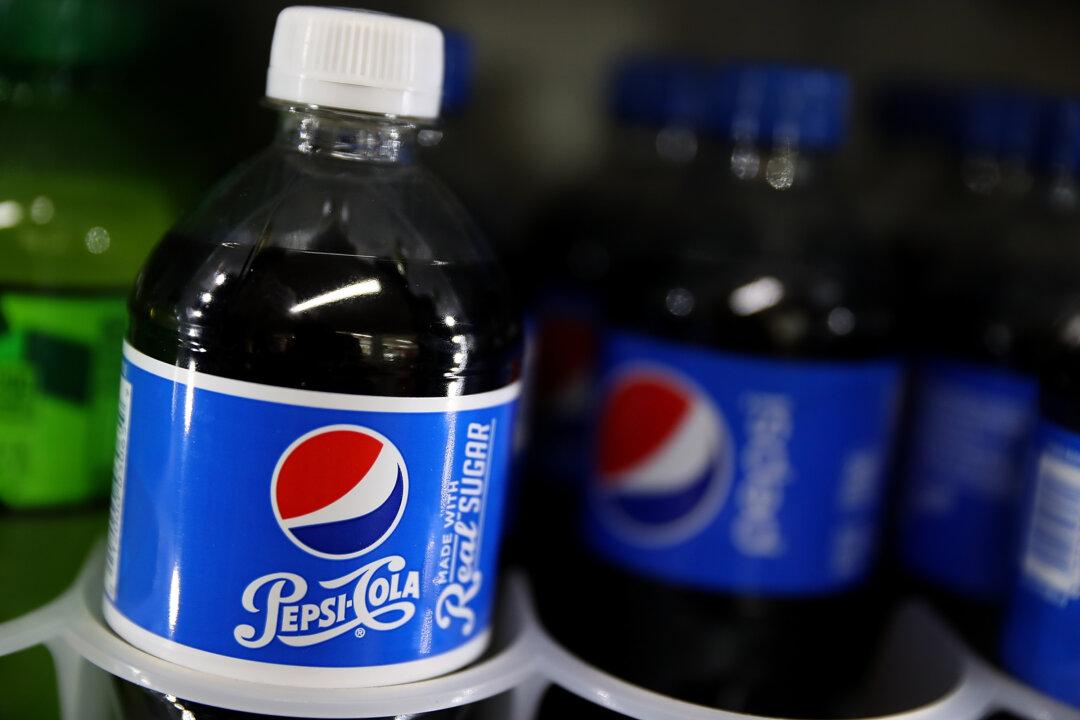We all know Elon Musk’s offer to purchase Twitter Inc. for all cash has been accepted by the board.
Before it was made public that Musk had an interest in the company, the stock was languishing at the $40 area. When Musk originally purchased shares of Twitter and investors speculated that he may attempt to buy it, they aggressively bought the stock.





